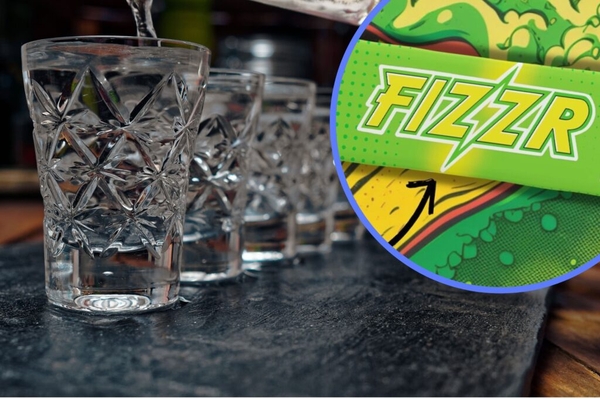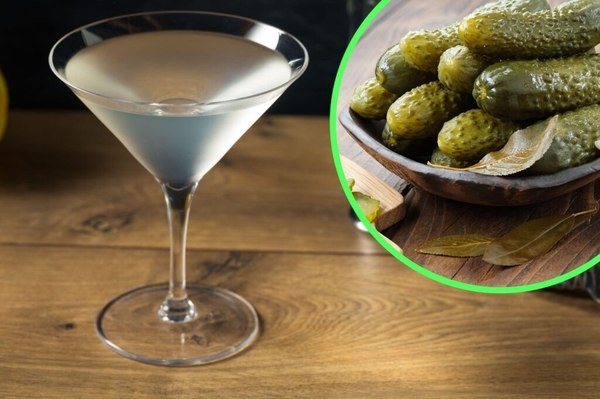Uncategorised
The ultimate guide to deep frying at home
12 Feb 2018
3m

Delivering crispy coatings and juicy fillings, few cooking techniques produce food as exciting as deep frying. Whether you have a hankering for fried chicken or just want to see what happens when you introduce ice cream to hot oil, deep frying offers opportunities for comfort cooking and experimentation in equal measure.
However, huge saucepans of boiling oil can be intimidating for even the most seasoned chef. To help you get to grips with the challenges, we’ve prepared a comprehensive guide to deep frying in your home.
 Credit: The New York Times
Credit: The New York Times
1. Use the right oil
You could be forgiven for thinking that any old oil will do for your food. However, there are a number of things to consider when making your selection. You want to make sure that your oil has a high boiling point, or else your kitchen will become very smoky very quickly. Flavour is also important as it will have a huge impact on the overall taste of your food – a substance such as olive oil, for example, has such a distinctive flavour that it may have an adverse effect.
 Credit: Heathline
Credit: Heathline
2. Get the gear
While it is possible to pick up a decent deep-fryer for as little as $50, the majority of people will not want to clutter their kitchen with such a hefty machine, making a deep saucepan the next best bet. In order to make frying as safe as possible, it’s a good idea to invest in a metal drainage basket, as well as a thermometer to monitor temperature.
 Credit: Walmart Canada
Credit: Walmart Canada
3. Safety First
Speaking from experience, if you don’t know what you’re doing, deep frying can be dangerous. It’s vitally important that you never leave a pan of hot oil covered or unattended. This can lead to grease fires, fire brigade call outs and unimpressed looks from housemates. Similarly, you should never fill your pan more than halfway with oil in order to prevent splashing. A useful tip for fire prevention is to keep a box of baking soda handy to pour onto any flames. Also remember that you should never pour water on an oil fire.
 Credit: Epicurious
Credit: Epicurious
4. Temperature is key
Cooking at the right temperature is arguably the most important aspect of deep-fryer cooker. Too high and you risk burning and fires, too low and your food will wind up greasy rather than crispy. Ideally, your oil should be somewhere between 375-400 degrees before you start cooking. This will ensure a crisp finish and tender centre.
 Credit: kogomelo
Credit: kogomelo
5. Be patient
Deep frying may be speedy, but that doesn’t mean it should be rushed. When working with ingredients like chicken or fish, you still need to be sure that your food is cooked before removing from the oil. Similarly, it pays not to overcrowd the pan – too much food will lower the temperature of the oil which will affect how your food is cooked.
 Credit: Bon Apetit
Credit: Bon Apetit
Some aspects may be tricky to get right, but if you can master it deep-frying is a great weapon to have in your culinary arsenal. Whether you want comfort food or need to wow a roomful guests, deep-frying is the way forward. Just follow these tips and all will be well!


